We caught up with the brilliant and insightful Iona Kallika a few weeks ago and have shared our conversation below.
Iona, appreciate you joining us today. Can you share a story that illustrates an important or relevant lesson you learned in school
Moving from the east coast to San Diego, I was overwhelmed with opportunity. I think there’s always been a sense of pressure put on people to find a niche—to settle into something quickly and stick with it—but I’ve never quite figured out what that is for myself. Instead, I’ve embraced exploration, trying new things, and getting involved in as much as I can. I think it’s so important to get involved in as many experiences as you can even if the value in it is not obvious to you yet. The random opportunities I have become involved in are the ones that have always come back around to help me in some way, whether that be professionally or socially.
I have always lived with a “yes theory”- saying yes even when it frightens or intimidates me, which is both exciting and scary. Through this, I have learned to become comfortable with myself and found the importance of independence and self-reliance—especially in moments of discomfort.
I am fueled by a quote my mentor and one of my greatest friends, Kayla Cunanan shared with me: “create the life you want.” This quote has somewhat become my life motto because it is comforting to understand that you are completely in control of your future, and if you want to accomplish something you can create that opportunity for yourself.
This leads me into the last but most important lesson I have learned through my college experience which is to find a mentor. My mentor Kayla, a CMO, business owner, and freelance photographer, is the best example of how following your passions and working hard gets you far. I know I would not be where I am today without her guidance and support. If you don’t have a mentor or someone guiding you, my advice is to develop organic relationships with people who you either admire, or align with professionally and socially.
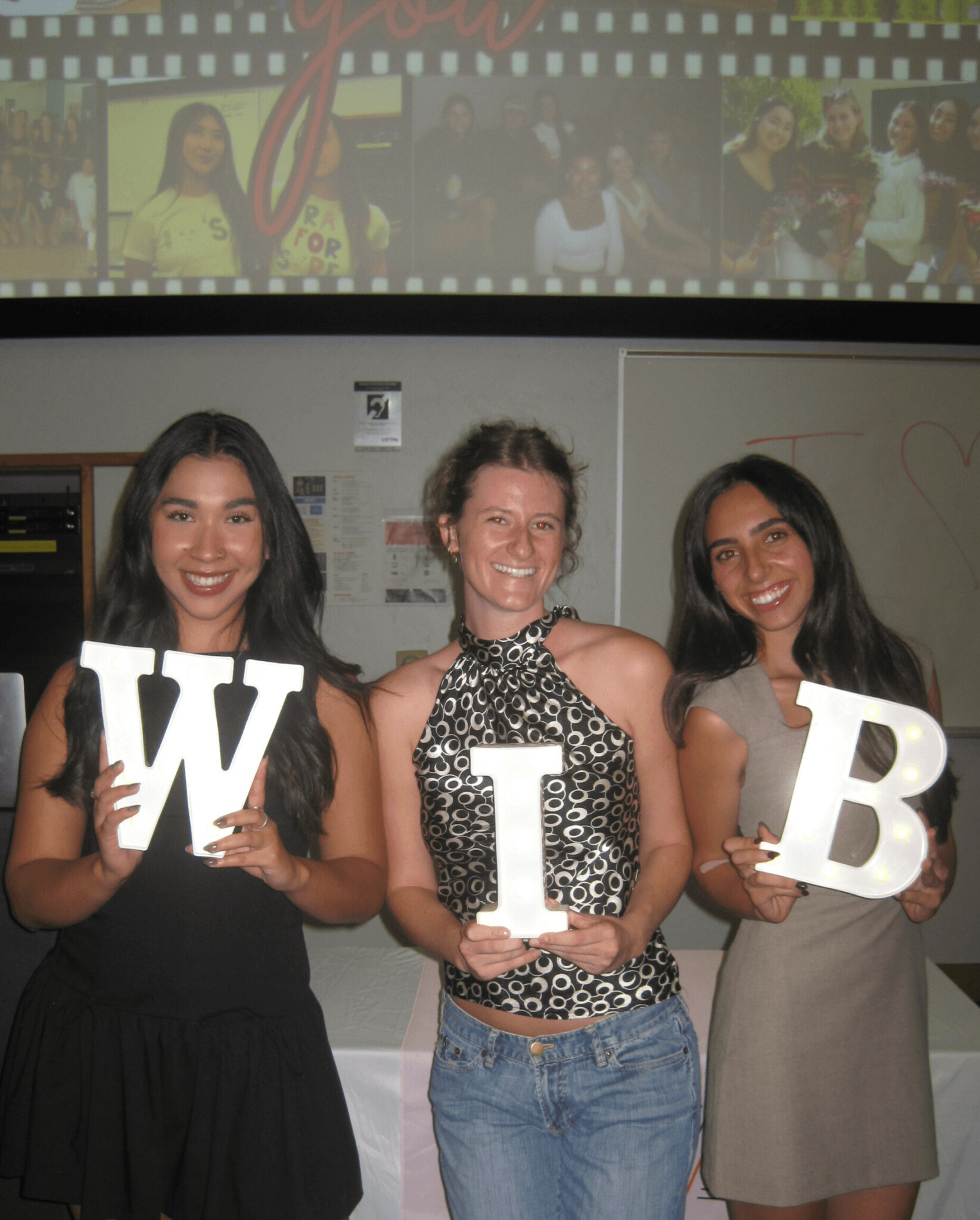

Awesome – so before we get into the rest of our questions, can you briefly introduce yourself to our readers.
This year, SDSU Women in Business (WIB) has grown to over 1,000 members, and I’ve had the incredible opportunity to lead the organization alongside my Co-President, Diana Ferreira. WIB provides a space for SDSU students to build their professional networks, form meaningful friendships, and gain insight into the business world. Being part of this organization has truly shaped my college experience, and it’s been an honor to serve as a president this past year.
In my free time, I’ve been actively exploring my passions for film and marketing. I work as a production assistant at a local San Diego studio, allowing me to immerse myself in the creative side of media production. Additionally, my role as a student marketeer at Red Bull has given me hands-on experience in sales and marketing, introducing me to an incredible team and providing insight into the sports and beverage industry. It’s been an exciting journey, and I’m grateful for the diverse opportunities that have shaped my professional growth.
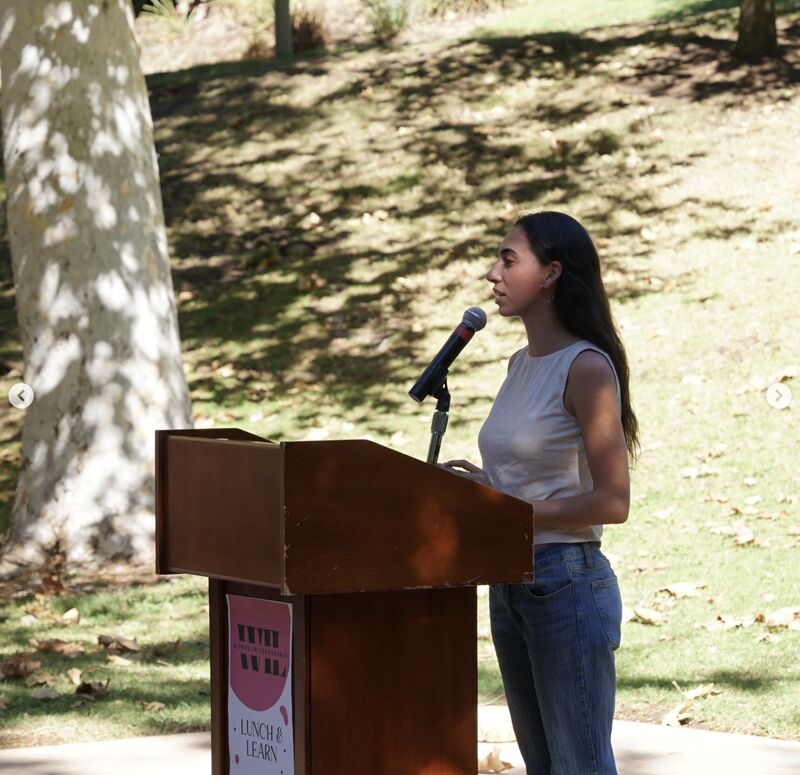
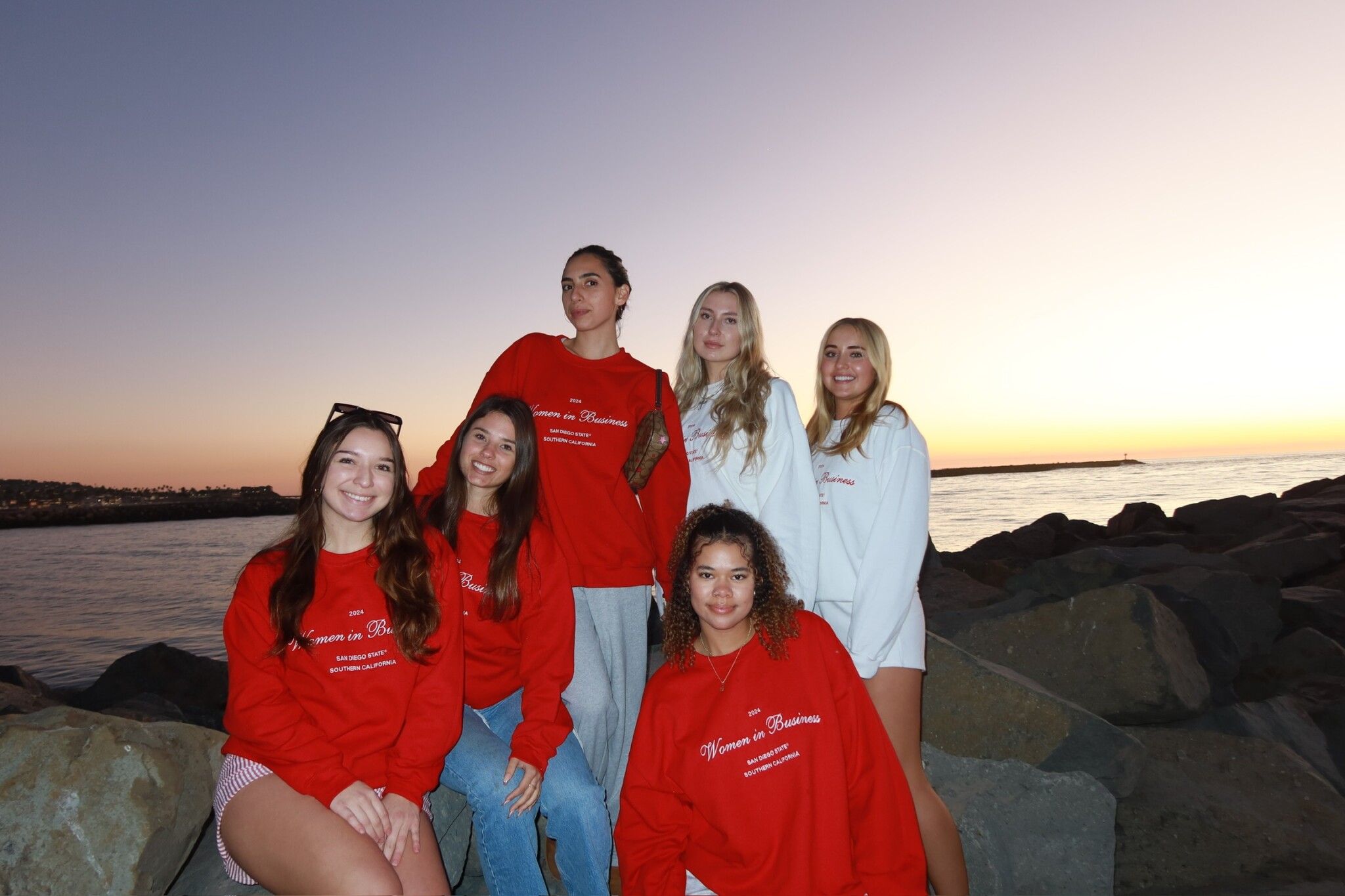
Do you have any insights you can share related to maintaining high team morale?
Managing a team of 30 students alongside my co-president, Diana Ferreira, has been a huge learning curve as this is my first introduction to a managerial role. It’s been so cool to see everyone on the team grow and become more comfortable with each other as well as watching the success of the organisation take shape.
Whatever the size of your team, there is an equal amount of different personalities, goals, and opinions which if not taken into consideration can really dull morale. When communicating with a team, I always think about how I’ve been talked to in the past by bosses or superiors, and avoid using phrases or gestures that have made me lose inspiration and confidence.
As we all know, wording – especially over text or email – can be easily misinterpreted. I tend to reread my messages from the recipients perspective prior to sending it out as a way of self-monitoring my communication methods.
My last piece of advice is to be open to feedback and incorporate it into your style of managing. Not taking feedback inhibits change and growth which can be very damaging to a team.
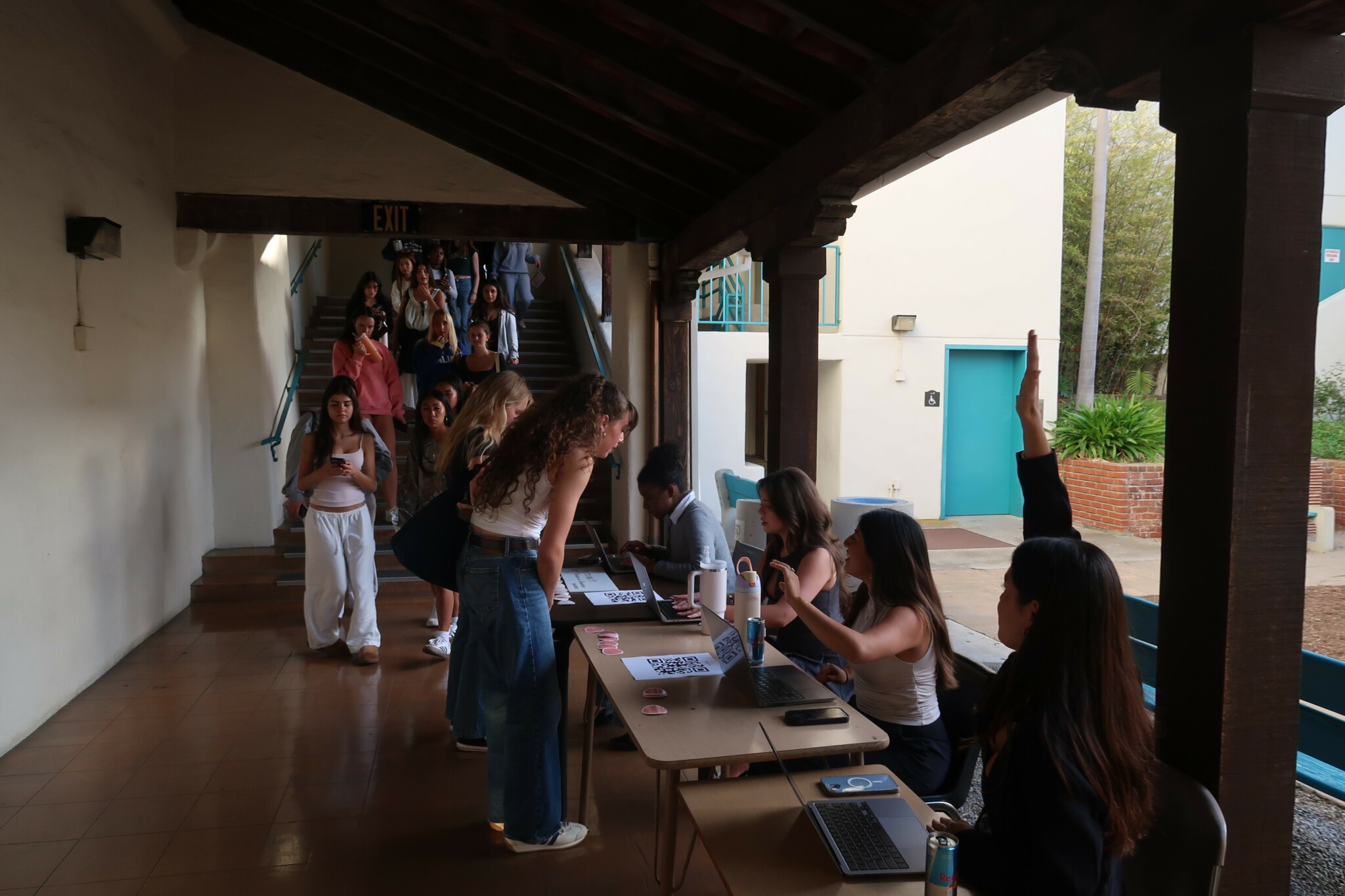
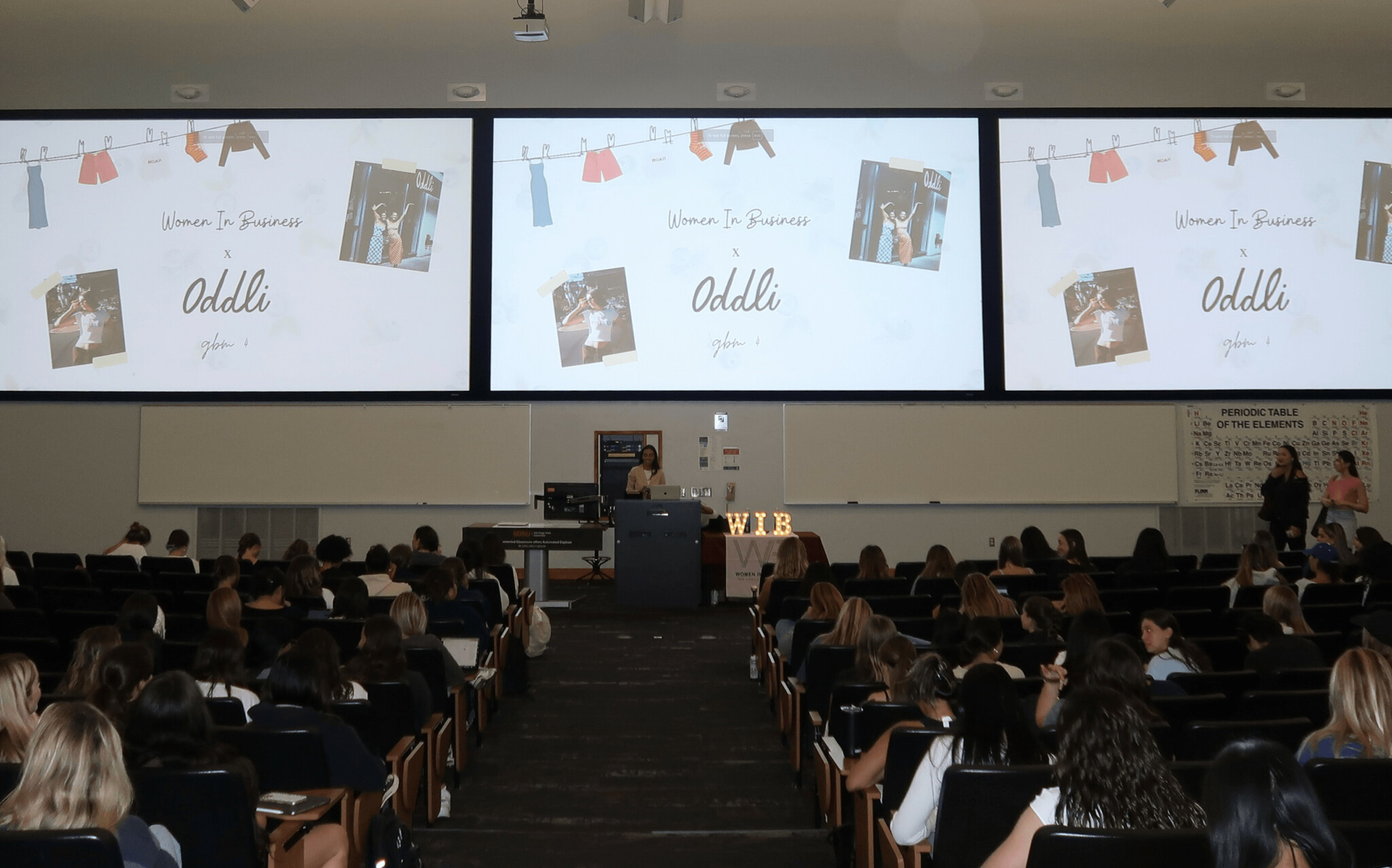
What’s a lesson you had to unlearn and what’s the backstory?
One of the biggest lessons I’ve had to unlearn is the idea of imposter syndrome. I’ve noticed that this concept is overwhelmingly discussed in women’s spaces, almost as if it’s expected that we should doubt our place in the positions we’ve rightfully earned. More and more, I see workshops, panels, and interviews where women are asked how they navigate feeling like they don’t belong, but I rarely see this same conversation happening with men.
Olympic rugby player Ilona Maher responded to how she deals with imposter syndrome, “I don’t have that.” She went on to say, “People are sometimes told they should feel imposter syndrome. But it’s okay to be proud of what you’ve done. It’s okay to believe you deserve something because you’ve put in the work for it.”
Every role I step into, and every role any woman steps into, should be met with confidence, not doubt. We don’t need to internalize the idea that we should feel like outsiders in spaces we’ve earned our place in. Instead, we should own our success and refuse to let others make us question our belonging.
Contact Info:
- Linkedin: ionakallika
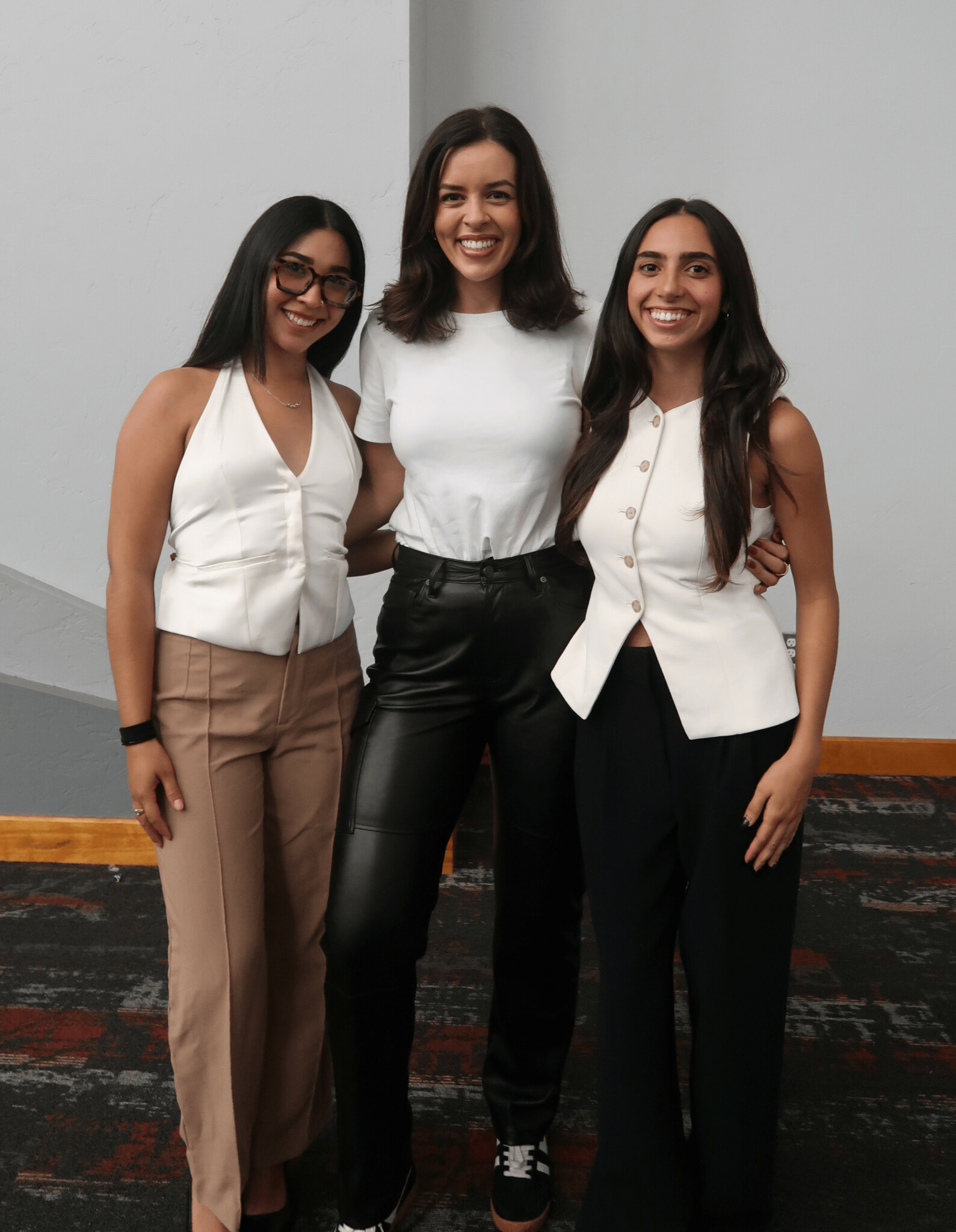
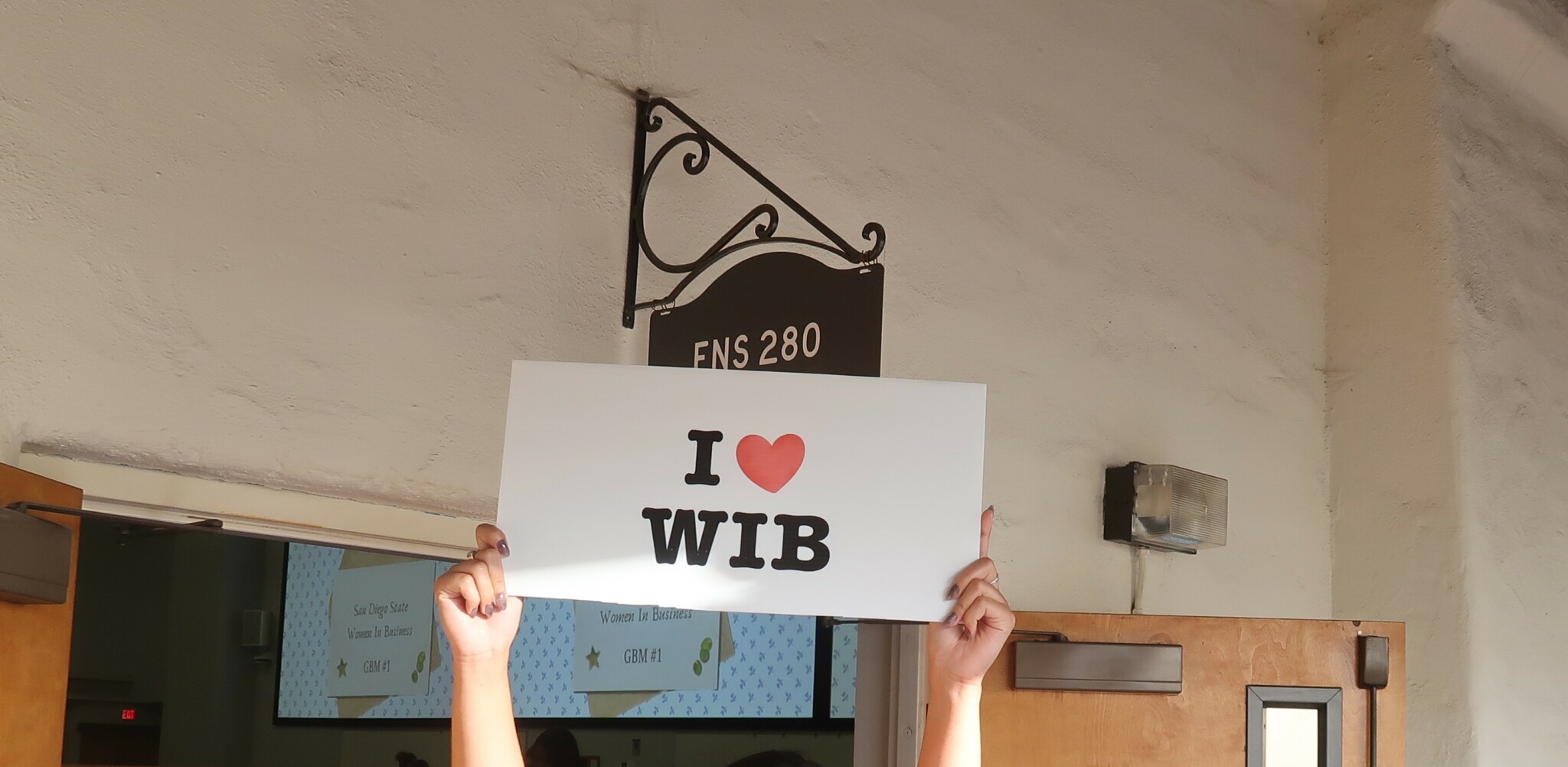
Image Credits
Image credits for the feature photo: Kayla Cunanan


